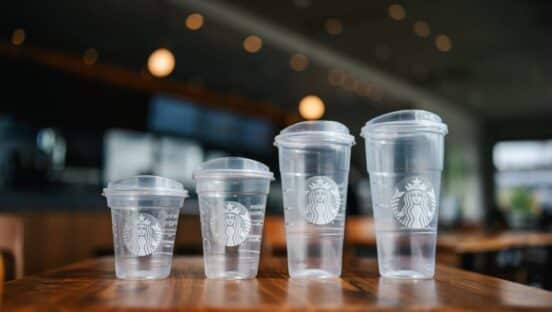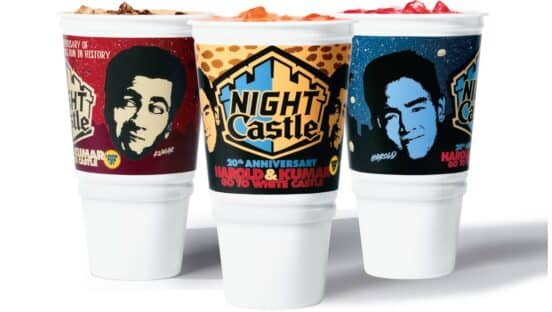Burger 21, a better-burger franchise founded by the owners of The Melting Pot Restaurants, with five locations open and 10 in development on the East Coast, is giving customers what they crave in a burger: diversity.
The brand unveiled an infographic highlighting how its guests are buying into better burgers through its variety of menu options.
In addition to 10 hand-crafted Certified Angus Beef burgers, Burger 21 offers 10 nonbeef burgers, including the Black Bean Burger, Ahi Tuna Burger, Chicken Parmesan Burger, and more.
Of the entrees ordered at Burger 21, approximately 40 percent of Burger 21 customers are ordering nonbeef alternatives, and 60 percent are choosing all-beef burgers, sliders, and hot dogs.
“Offering a diverse menu resonates with our customers and is key to us providing our customers with a ‘beyond the better burger’ experience that keeps them coming back for more,” says Dan Stone, vice president of franchise development for Front Burner Brands, management company for Burger 21.
“Of the established and emerging better-burger franchised brands, Burger 21 locks up the female vote by delivering on menu diversification with 205 percent more nonbeef burgers, in addition to 38 percent more beef burger choices,” he continues. “With sales of nonbeef menu items representing approximately 69 percent of our revenues, we clearly appeal to consumers who hunger for variety.”
With 21 crafted burgers, three all-beef gourmet hot dogs, and five salads, Burger 21 also focuses on providing premium ingredients like Certified Angus Beef, sushi-grade ahi tuna, toasted brioche buns, pickled cucumbers, applewood-smoked bacon, and sweet potato fries with toasted marshmallow sauce.
In a recent Technomic Market Intelligence Report on better burgers, consumers said that the quality and taste of the meat or protein is by far the most important part of the burger.
Approximately 56 percent of consumers ranked the quality of the burger as most important. Price was ranked most important by 25 percent, and quality of toppings (8 percent) and quality of bun/bread (5 percent) followed as other important features.
“The variety of choices and innovative recipes we offer guests translates into repeat business, with 37 percent of customers responding that they had visited Burger 21 two or three times in the last 30 days,” Stone says.
He adds that 19 percent returned at least once during the month, and 22 percent returned four or more times during a 30-day period.
In fall 2011, Burger 21 launched an aggressive growth initiative to bring its crafted burger creations and hand-dipped signature shakes to more cities across the country.
Since that launch, Burger 21 has signed franchise agreements with six different entities in six states in 2012 to develop a total of 11 restaurants.
Most recently, the Tampa, Florida–based “beyond the better burger” concept opened its first franchised restaurant in Orlando. The brand also signed franchise agreements to develop four restaurants in Washington, D.C. over the next few years, in addition to franchise agreements in Atlanta; Voorhees, New Jersey; and Charlotte, North Carolina.
A second Orlando location is scheduled to open near the University of Central Florida in late February.
Burger 21 is seeking single and multiunit operators with restaurant experience along the East Coast and throughout the country to join its upscale fast-casual dining concept.
Franchisee candidates should have a minimum net worth of $500,000 and liquid assets of at least $200,000 per unit. Burger 21 will be developed through both single-unit agreements and Area Development Agreements.
Depending on the real estate site selected, franchisees can expect the total cost of investment for one restaurant to be approximately $597,995–$831,995. The initial franchise fee is $40,000; however, reduced franchise fees apply for Area Development Agreements of four or more units.









